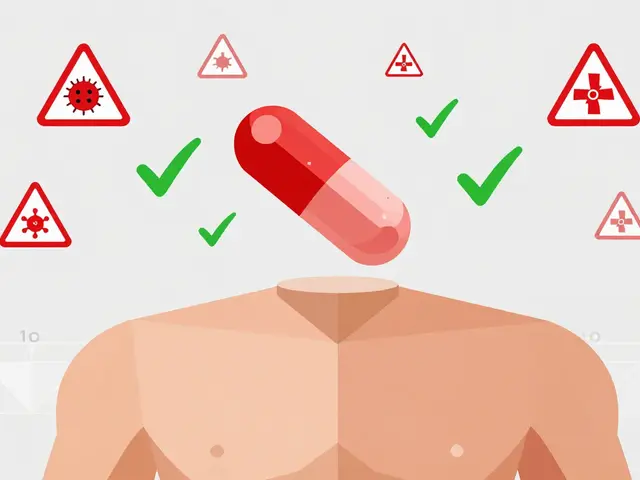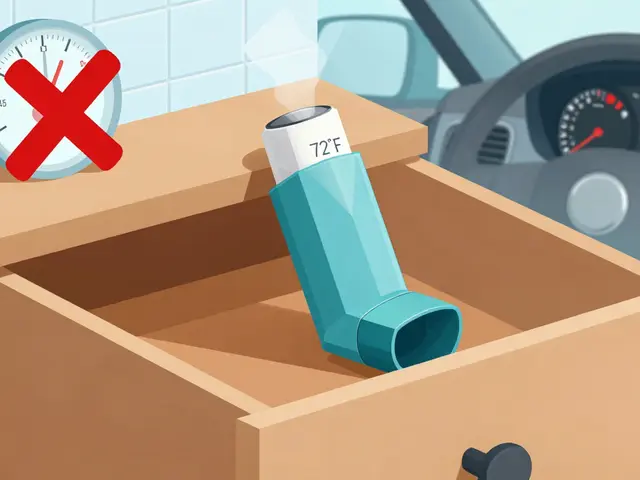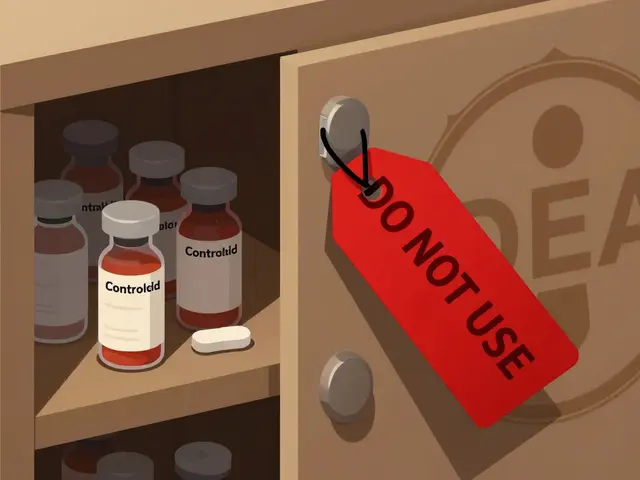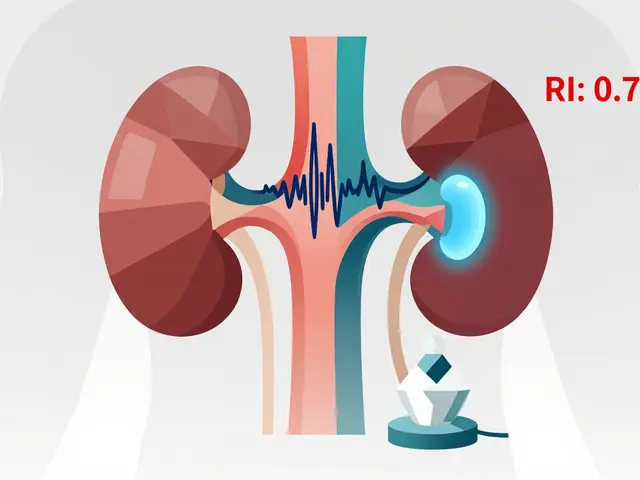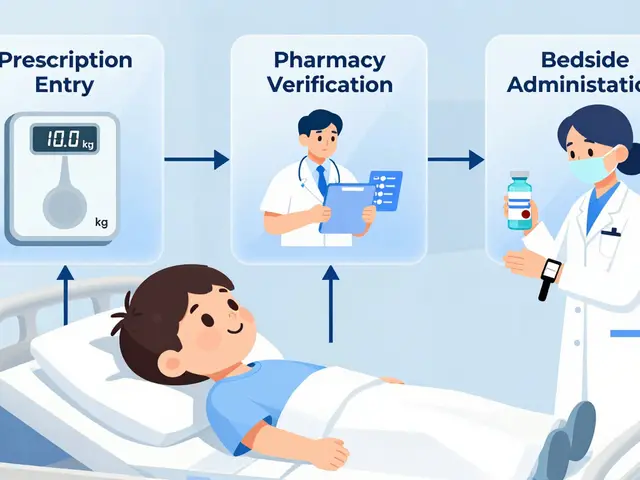HIV treatment: what really helps you live well
Today, HIV is a manageable condition for most people. The core is antiretroviral therapy (ART) — a daily combination of medicines that stops the virus from multiplying. When ART works, your viral load drops to an undetectable level and your immune system stays stronger. That matters not just for your health, but also for preventing transmission.
How antiretroviral therapy (ART) works
ART uses drugs from different classes so the virus can’t copy itself easily. Common classes include NRTIs, NNRTIs, protease inhibitors, and integrase inhibitors. Doctors pick a combination based on your health, other meds you take, and possible side effects. Newer regimens tend to be simpler — sometimes one pill a day — and more forgiving if life gets busy.
Regular blood tests check two things: viral load and CD4 count. Viral load tells whether the meds are suppressing HIV. CD4 gives a snapshot of immune strength. If numbers aren’t improving, your clinician may change drugs to avoid resistance.
Practical tips: taking meds, handling side effects, and safe access
Take ART the same time daily. Use phone alarms or place pills where you pick up your morning coffee. Missing doses makes resistance more likely. If side effects appear — for example nausea, fatigue, or sleep issues — tell your provider. Many side effects ease in a few weeks, and alternative drugs are available.
Drug interactions matter. Some common meds, supplements, and herbal remedies can change ART levels. Always tell your doctor and your pharmacist about everything you take, including over‑the‑counter pills and vitamins.
Need meds online? Use legitimate pharmacies only. Real pharmacies require a prescription, show a physical address and licensed pharmacist contact, and often carry accreditation badges from recognized organizations. Beware of prices that look too good, missing contact info, or sites that ship without an Rx. Telemedicine services and pharmacy discount programs can help reduce costs, but confirm the service is licensed in your country.
Support helps. Peer groups, case managers, and specialty pharmacies can remind you about refills, help with insurance, and connect you to financial help. If travel or housing issues make keeping appointments hard, ask your clinic about multi‑month dispensing or community pickup points.
Resistance testing is part of care when treatment fails. If a regimen stops working, tests show which drugs the virus resists so clinicians can choose the next lineup. That’s why keeping records of past meds matters.
Finally, keep routine health checks: vaccines, screening for other sexually transmitted infections, and yearly kidney and liver labs if your meds affect those organs. HIV care isn’t only about the virus — it’s about staying healthy overall.
If you have questions about a specific drug, buying meds online, or switching treatment, talk to your clinic or a pharmacist. They can review options and help you pick what fits your life best.
Sustiva (efavirenz) is a common HIV medication. Learn about uses, side effects, dosage information, tips for taking, and important facts in this detailed article.
Continue reading...


